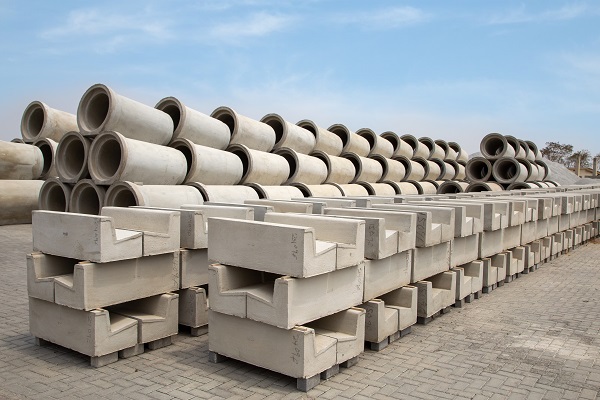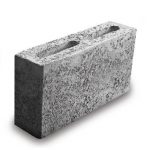
What is concrete pipe ?
Concrete pipes are a crucial component in the field of civil engineering and construction, serving various purposes due to their durability, strength, and versatility. These pipes are commonly used in infrastructure projects and play a vital role in conveying fluids, such as water or sewage, as well as providing structural support in underground and above-ground applications.
What are Concrete Pipes Used For ?
Concrete pipes find application in a wide range of construction and infrastructure projects, including:
- Sewer Systems: They are commonly used for sewer systems, efficiently transporting wastewater from residential, commercial, and industrial areas to treatment facilities.
- Stormwater Drainage: They are instrumental in managing stormwater runoff, preventing flooding and soil erosion by channeling rainwater away from developed areas.
- Culverts: They are employed as culverts to facilitate the passage of water under roads, railways, or embankments, ensuring smooth flow without causing disruptions.
- Irrigation: In agriculture, they are utilized for irrigation systems, delivering water to crops efficiently and helping improve agricultural productivity.
- Utility Tunnels: They serve as integral components in utility tunnels, providing a protective casing for essential services such as water, gas, or communication lines.
Names of Concrete Pipes:
Concrete pipes come in various forms, each designed for specific applications. Common types include:
- Reinforced Concrete Pipes (RCP): These pipes are strengthened with steel reinforcement to enhance their load-bearing capacity, making them suitable for applications with heavy loads or high-pressure requirements.
- Non-Reinforced Concrete Pipes: Also known as plain concrete pipes, these are used in scenarios where reinforcement is not necessary, such as in stormwater drainage systems.
- Pre-stressed Concrete Pipes: These pipes are subjected to pre-stressing during manufacturing, resulting in improved strength and durability, making them ideal for applications requiring high performance.
How Concrete Pipes are Made:
The production of concrete pipes involves several key steps:
- Mixing: A precise blend of cement, aggregates, water, and sometimes additives is mixed to create a homogeneous concrete mixture.
- Molding: The mixed concrete is then poured into molds of various sizes and shapes, corresponding to the desired type and dimensions of the concrete pipe.
- Curing: The molded pipes undergo a curing process, allowing the concrete to achieve the necessary strength and durability. This may involve steam curing or air curing, depending on the specific requirements.
- Quality Control: Rigorous quality control measures are implemented throughout the manufacturing process to ensure that the concrete pipes meet industry standards and specifications.
Class 3 Concrete Pipe:
Class 3 concrete pipes are a specific classification within the industry. The classification typically denotes the load-bearing capacity of the pipe. Class 3 pipes are designed to withstand moderate loads, making them suitable for a range of applications where strength and durability are essential but not under extreme conditions.
In conclusion, concrete pipes are indispensable in modern construction and infrastructure development. Their versatility, strength, and durability make them a reliable choice for a wide array of applications, contributing significantly to the efficient functioning of urban and rural environments alike.




